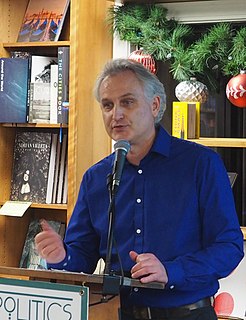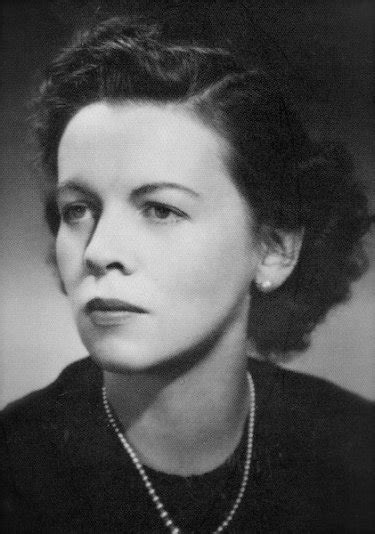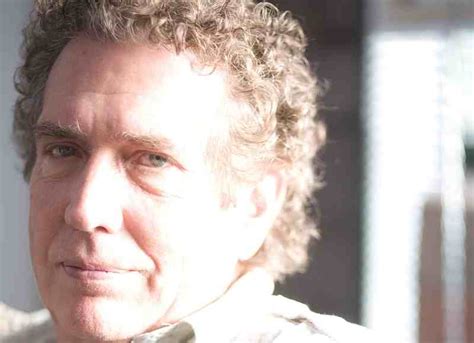A Quote by Max Black
No doubt metaphors are dangerous- and perhaps especially so in philosophy. But a prohibition against their use would be a willful and harmful restriction upon our powers of inquiry.
Related Quotes
Socrates: So even our walks are dangerous here. But you seem to have avoided the most dangerous thing of all. Bertha: What's that? Socrates: Philosophy. Bertha: Oh, we have philosophers here. Socrates: Where are they? Bertha: In the philosophy department. Socrates: Philosophy is not department. Bertha: Well, we have philosophers. Socrates: Are they dangerous? Bertha: Of course not. Socrates: Then they are not true philosophers.








































